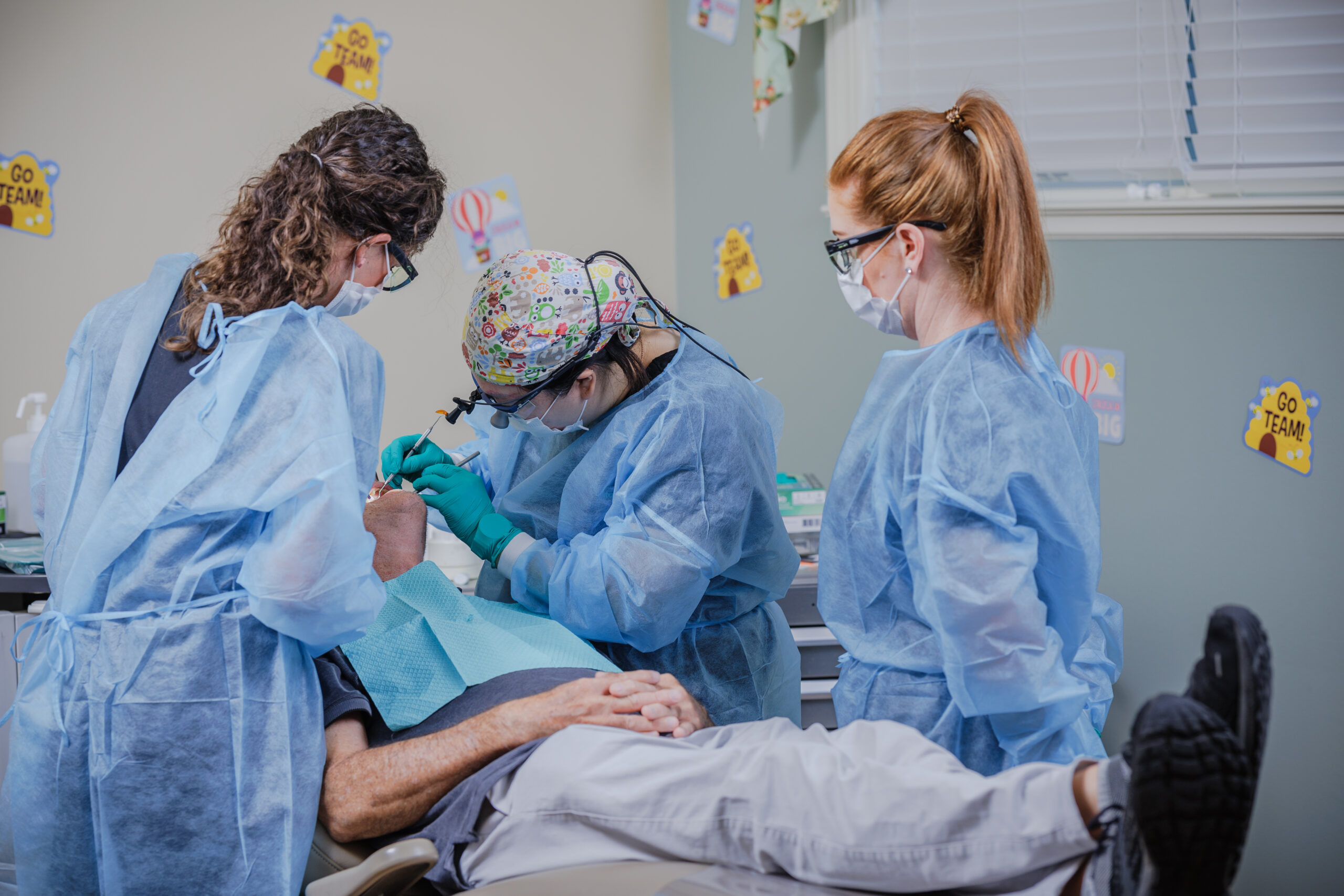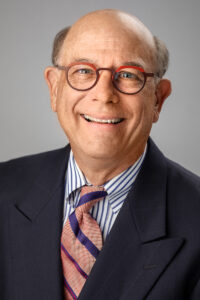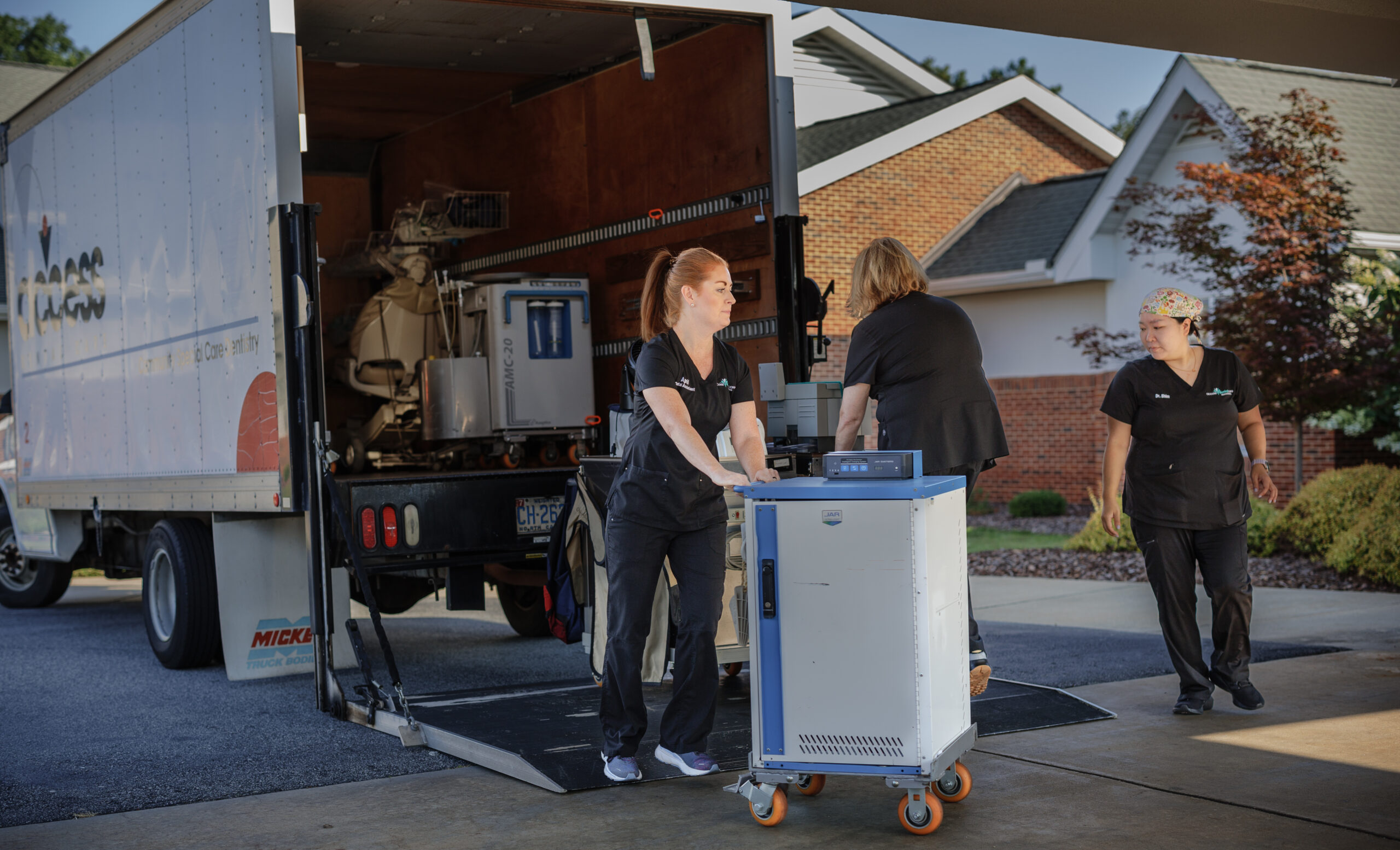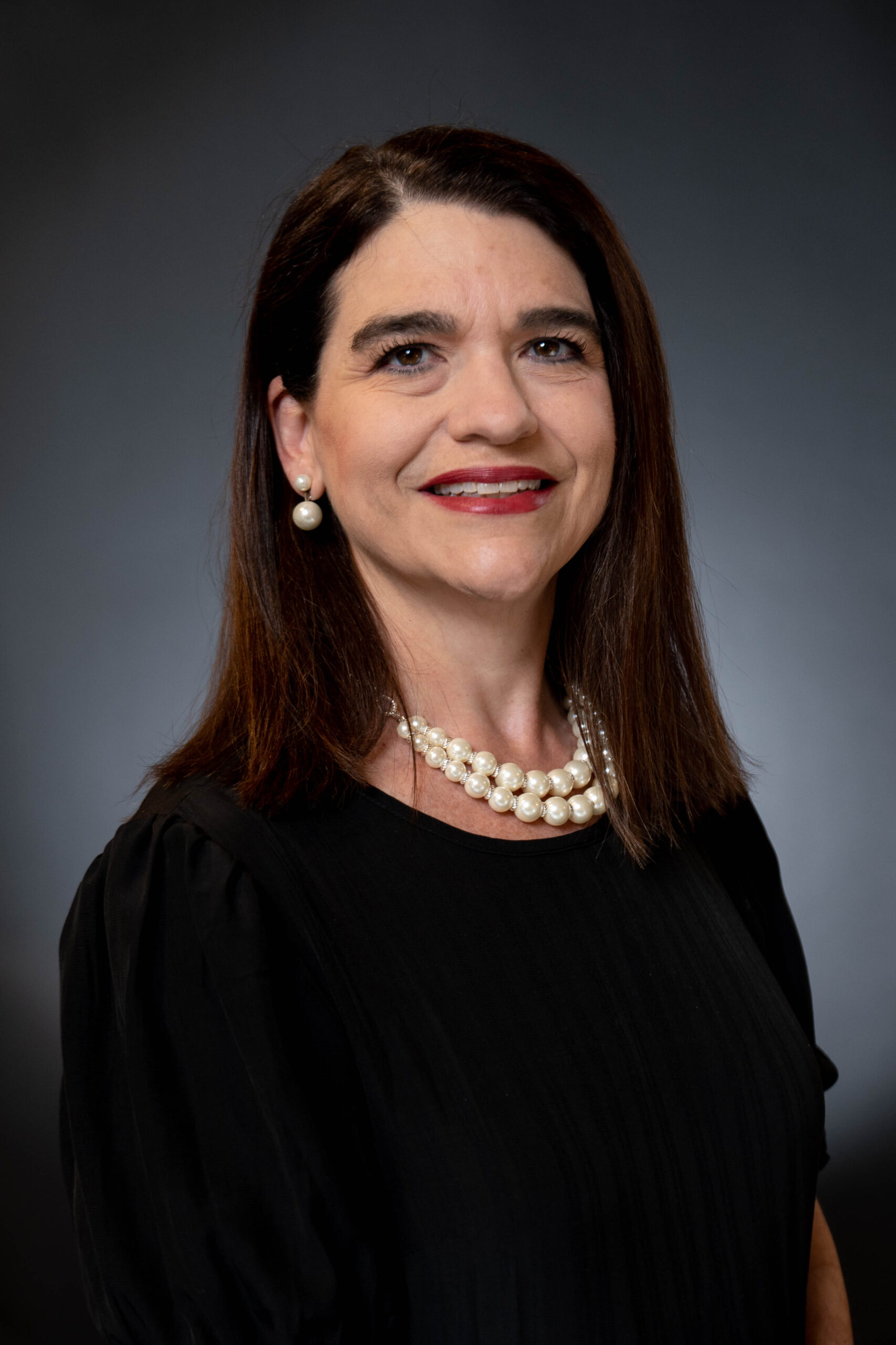Early in his career, Bill Milner, DDS, MPH, realized that special populations — especially people with intellectual and developmental disabilities and the elderly — are often left behind when it comes to accessing oral health care.
“There has been a gap in services in dentistry that we knew back in the 1980s had to be filled,” says Milner. “Dentistry had no answer for folks that we now serve. We thought, ‘Why not provide the same quality care to those with intellectual and developmental disabilities or the elderly, who may not be able to afford it?’”

Three dental team members examine patient’s mouth
So, with the help of his chief operating officer, Betsy White, RDH, Milner started Access Dental Care in North Carolina in 2000. The nonprofit organization provides oral health care services for residents in retirement communities, those with intellectual and developmental disabilities in nursing home facilities and group homes, participants in Programs for All-Inclusive Care for the Elderly (PACE), those in the Central North Carolina Health Network HIV/AIDS program, and other people in the community.
“You can’t treat these patients in volume,” White says. “You can’t treat these patients based on diagnosis because they’re all different. You can’t put these folks in a box and shepherd them through a dental procedure or dental care.”
CareQuest Institute for Oral Health is one of more than a dozen organizations that provides grant funding to support Access Dental Care’s efforts to offer oral health care to special populations. CareQuest Institute also supported the organization in the Community Oral Health Transformation (COrHT) Initiative in 2023, a learning community that focused on the implementation of medical-dental integration and value-based care in oral health.

Bill Milner, DDS, MPH, Access Dental Care Founder
“It was a great year of being able to network with other like-minded professionals or dental professionals within North Carolina,” White says.
Through collaboration and networking, COrHT enabled teams to share insights and experiences to support each other. White and Milner were peer mentors to other clinics, since Access Dental Care had been providing care for special populations and using teledentistry for years prior to joining the initiative. Work with the Institute also helped the organization record value-based services that Access Dental Care hasn’t always had a way to track.
“We were able, as a unique population, to be able to gather that data with the care coordination, with caries risk assessments,” White says. “And now we’re going to carry that forward and use that data to be able to say, ‘Okay, here’s the work it takes. Here’s the man hours that it takes to do this work. And here’s what we need to be reimbursed for that.’”
It was a great year for other reasons, too, as Access Dental Care won multiple awards for its work. More specifically, Milner won the ADA’s 2023 Humanitarian Award and Access Dental Care was given the 2023 Helen C. “Holly” Riddle Award from the North Carolina Council for Developmental Disabilities.
“There is such a pride in being able to do something that nobody else can do in dentistry,” Milner says. “We really feel responsible to dentistry at large to make sure that things are done correctly because we know we’re in the spotlight.”
Mobilizing Oral Health Care

Dental team members carry out mobile equipment
Access Dental Care has five teams comprising a dentist, a dental hygienist, and two dental assistants, and the organization brings in portable equipment.
“We have all the bells and whistles that any dental office would have, and we move two operatories’ worth of dental equipment in,” Milner says. “We see 15 to 18 patients a day. We do all the good work, and then we load it up at the end of the day and come back to home base.”
Their patients don’t fit into the routine of traditional dentistry: Some patients can’t drive themselves to their dental appointment, so they need a family member or friend to take them. Some are in wheelchairs and can’t transfer themselves into a dental chair, which can challenge some practitioners.
“Or on the behavioral side of it, somebody with dementia or somebody with autism that doesn’t immediately respond when you say, ‘Hey, open your mouth,’” White says.
And typically, the medical histories of these populations are complex.
“Our average older adult is on about 14 different medications, and that can be a little nerve-wracking to a private practitioner,” White says.
For Milner and White, they say their work relieves stress from caretakers.
“They’ve been to dentists, and they come into our program, and we just say, ‘OK, get in the chair. No big deal,’” Milner says. “And they burst out in tears. These families are under stress that we have no concept of.”
‘Serving the Needs of North Carolinians’
White says one way Access Dental Care has been successful in their practice is by using teledentistry.
CareQuest Institute awarded a grant to Access Dental Care in 2022 to test the effectiveness of teledentistry compared to having a dentist onsite.

Betsy White, RDH, Access Dental Care Chief Operating Officer
“It did work,” White says. “We were able to determine that [teledentistry] was an effective mode of treatment.”
The results were published in The Journal of the American Dental Association in June.
Now, Access Dental Care is getting ready to present a $10.3 million plan to its board to add six special care clinics in North Carolina. Milner says they also want to train dental students to be a part of their team.
“We still need about five to six more teams in North Carolina that will travel out as far as an hour and a half a day,” Milner says. “But we are going to continue to simply just serve North Carolina to be able to provide everything to this population.”
Milner and White’s team have also started up a new division called Access Dental Solutions, which would help other teams across the country start their own programs to help special populations. They will continue to serve as a mentor, as they did throughout their time in COrHT. But to keep successfully doing their work, they need the funding.
“We’re dealing with Medicaid rates right now that are about $0.34 on the dollar,” Milner says. “And we’ve just got a fabulous group in Raleigh that is being an advocate for dental Medicaid, but it’s at the same rate that we used to be reimbursed in 2008.”
Despite these growing challenges, Milner says his Access Dental Care team is ready to continue to help as many people as they can.
“We’ve been around 24 years, and I think we’ll be around a little bit longer,” he says. “And part of that is we need the money to be able to do the good work, but also we’re very conscious of how to run a business, how to run a larger organization, and how to be able to serve the needs of North Carolinians.”
